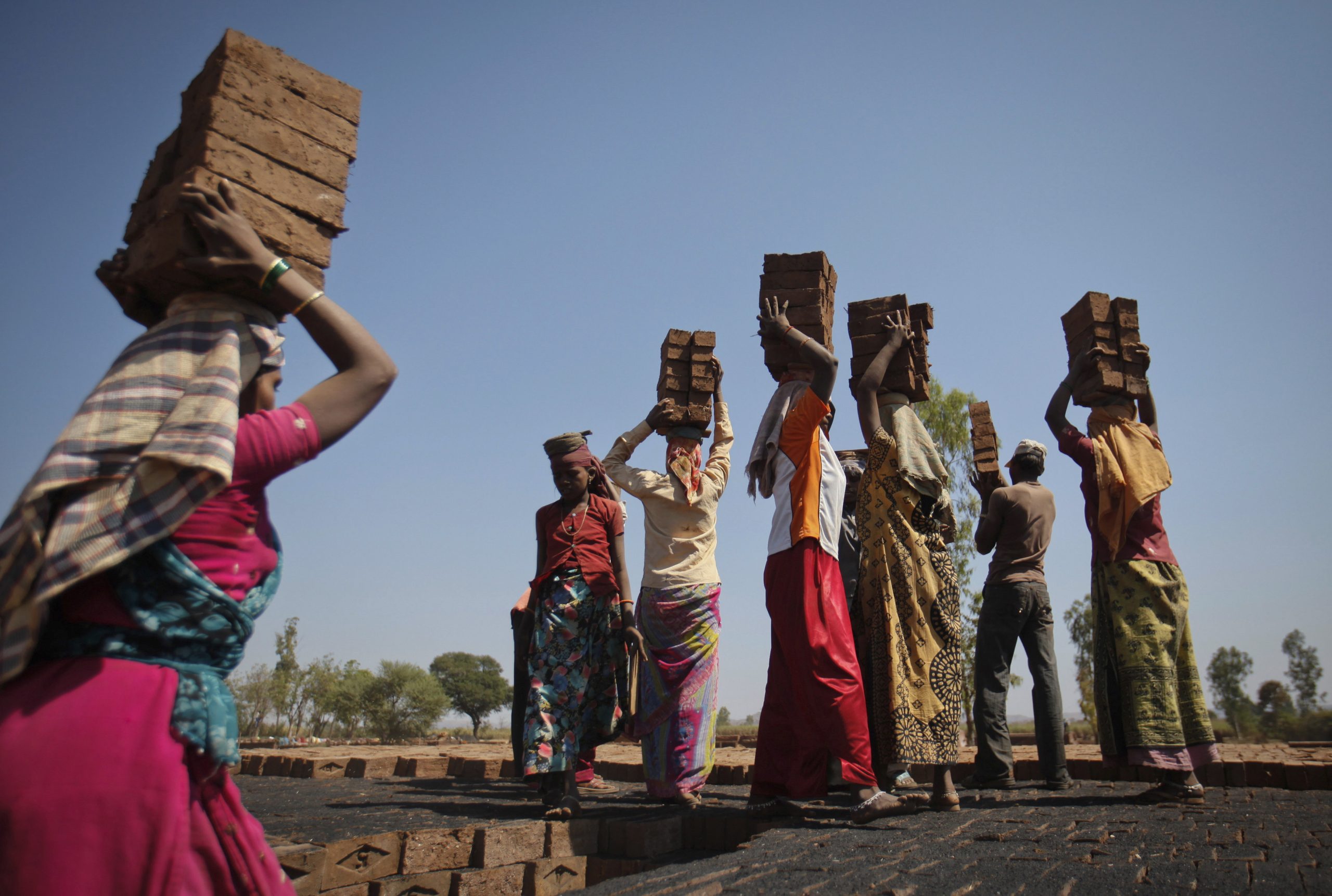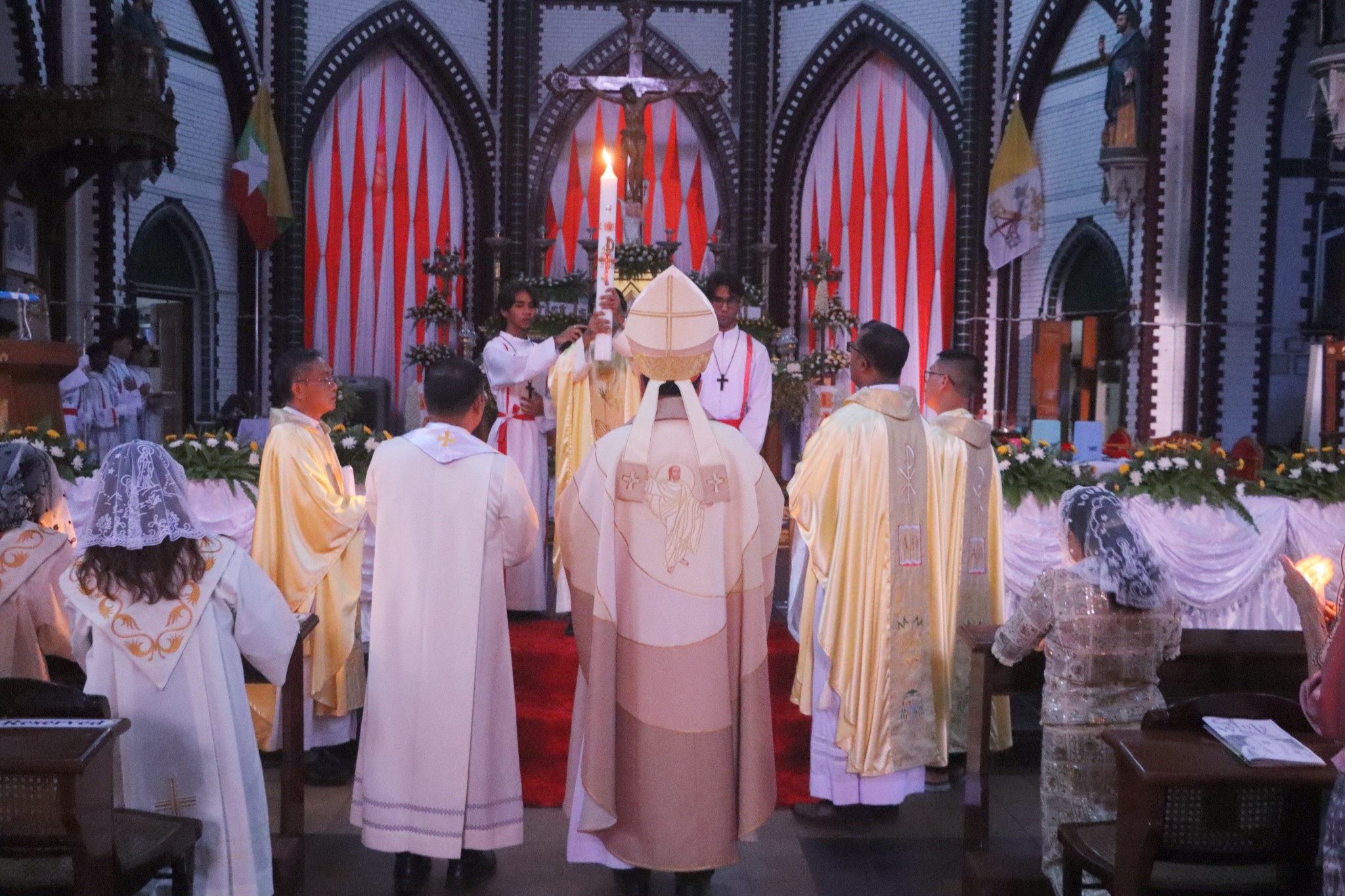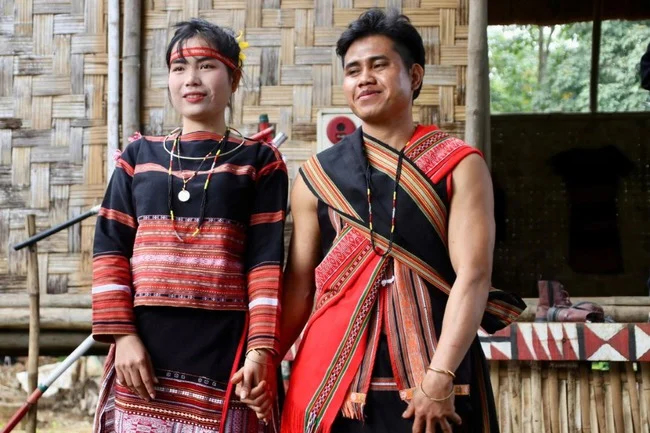Priest battles on for his parishioners
Joaquim Magalhães de Castro
Speaking to the Agenzia Fides, Emmanuel Parvez, 72 years old, parish priest of Pansara, city of the Diocese of Faisalabad, Pakistan, draws attention to the precarious situation of five Christian families, his parishioners, trapped in a network of slave labor linked to clay factories spread across the interior of the country.
In reality, these people are hostages to the ancient practice of peshgi, that is, a salary advance that the worker receives from his employer in order to meet his own need which is usually also a debt. Now, as this debt accumulates, as a rule, “due to very high interest rates”, a system of perennial dependency is created here, better called a consensual and legalized form of modern slavery.
It is, in fact, a widespread phenomenon in Pakistan, a country that occupies the sixth position in the index compiled by Global Slavery, an entity that accounted for 2.3 million slaves in that country, that is, 1.13% of its population. Trying to free these “modern slaves” was one of the commitments assumed by Father Emanuel Parvez, in whose parish – which includes about 40 villages – he often encounters stories of suffering similar to those of the families currently in question. “They have no one to turn to and are condemned to a life of slavery,” exclaims the cleric.
The phenomenon of masses of indigents put to work in conditions analogous to slavery, extracting clay from underground, kneading bricks and firing them in blast furnaces – “all to the benefit of the powerful construction industry” – is particularly relevant in the Punjab region. The need to pay off debts obliges entire families to subjugate themselves to the large landowners who manage the workforce obeying “maximum exploitation criteria” that subject workers – including children, women and the elderly – to inhumane conditions.
Christians in Punjab, who are mostly part of the poorest segments of the population, end up being victims of a mechanism that “often also keeps them segregated.” The heavy debt to be paid off imposes, in fact, on all members of a family, “without distinction of age, sex or health condition,” exhausting working hours in exchange for miserable wages. People are considered mere commodities.
Christians and Hindus, due to their low social status, become “debt slaves,” a mechanism that condemns them to abuse, harassment, mistreatment, in short, “to an entire existence at the mercy of unscrupulous bosses.”
It all starts with a loan or an advance from employers. “People get into debt because they need medical care (health in Pakistan is fully paid for by themselves) or because they need to finance their daughter’s wedding,” observes the Pakistani parish priest. To repay the amount owed, years of work without rights and without pay, living in dilapidated housing, are required. “In many cases,” recalls Father Parvez, the worker is unable to pay the debt, which is not extinguished with his death, being passed on to subsequent generations, thus creating entire generations of slaves.”
The brick industry thrives in Pakistan and accounts for around 3% of the national GDP. According to estimates by the International Labor Organization, there are between 8,000 and 10,000 brickworks across the country and around 1.5 million workers in the sector. In the province of Punjab alone, there are 5,000 active ovens.
In his parish, Father Emmanuel Parvez set in motion a project aimed at “breaking the chains of slavery, which can no longer be tolerated,” and thus restoring dignity and freedom to all oppressed families. Father Parvez goes to the owners of the kilns and asks about the amount of the debt incurred. Then, knocking on the door of donors, especially in Europe and the USA, he tries to raise the sum needed to rescue “modern slaves” (on average between 500 and 1,000 euros per family). Once the money is received, the owner signs the debt discharge deed.
In this way, Parvez has already freed 40 Christian families, receiving immense gratitude from them. In addition to repaying their debt, he also provided them with a house in a small village built “in the Catholic Diocese of Faisalabad” for that purpose and called Colony of Christ the King. There, liberated families manage to send their children to school, recover their freedom and dignity, and can aspire to other types of work in handicrafts or agriculture. “It’s a new life for them, simple but happy,” concludes Father Parvez. A recent report by the Walk Free foundation, an organization that monitors the phenomenon of modern slavery internationally, estimates that 50 million people live in modern slavery worldwide. “Modern slavery is in all aspects of our society,” said Walk Free editor Grace Forrest. “It is printed on our clothing, powers our electronic devices and seasons our food”. It was one of the objectives of the United Nations in 2015 to end modern slavery, forced labor and human trafficking by 2030, an objective that, as it turns out, is still a long way from being achieved.


 Follow
Follow


